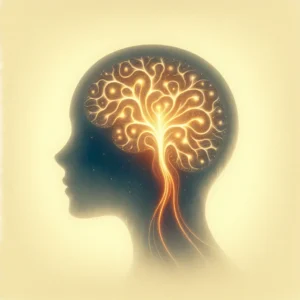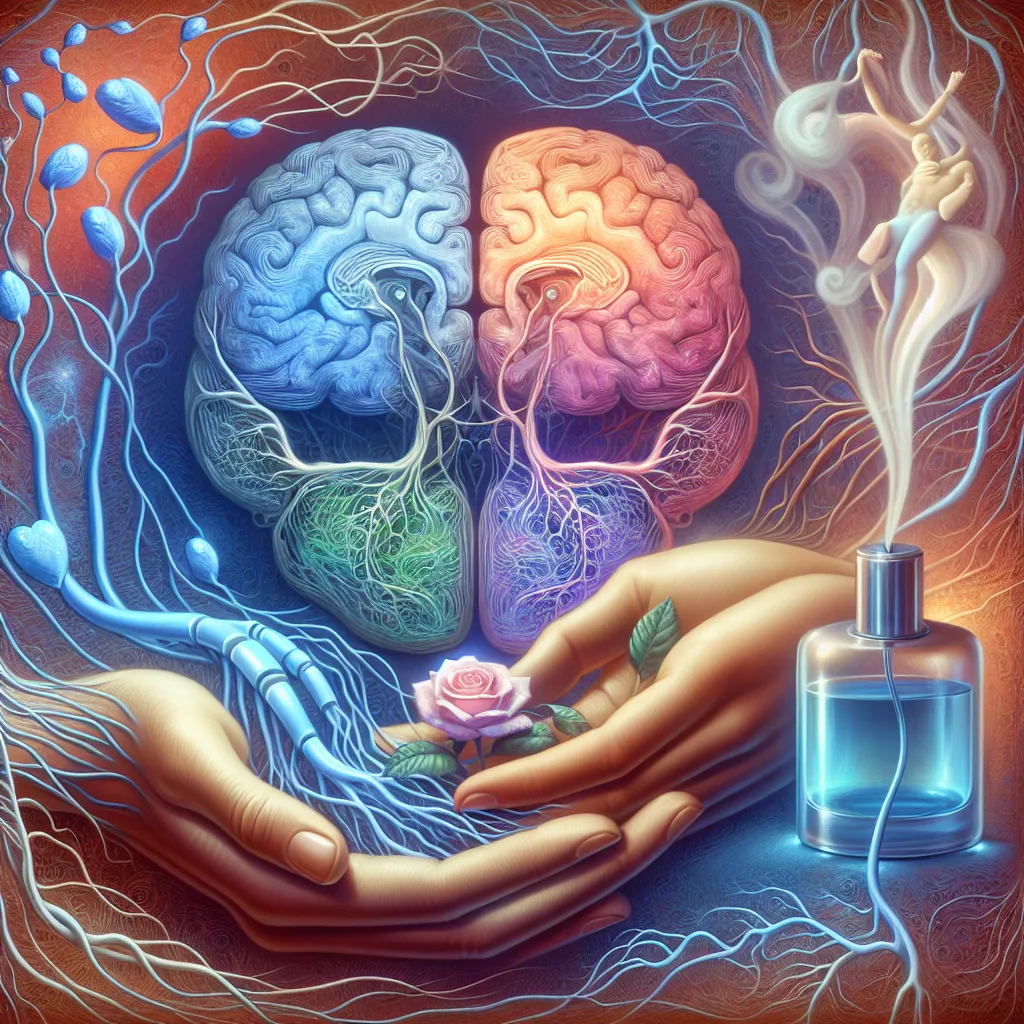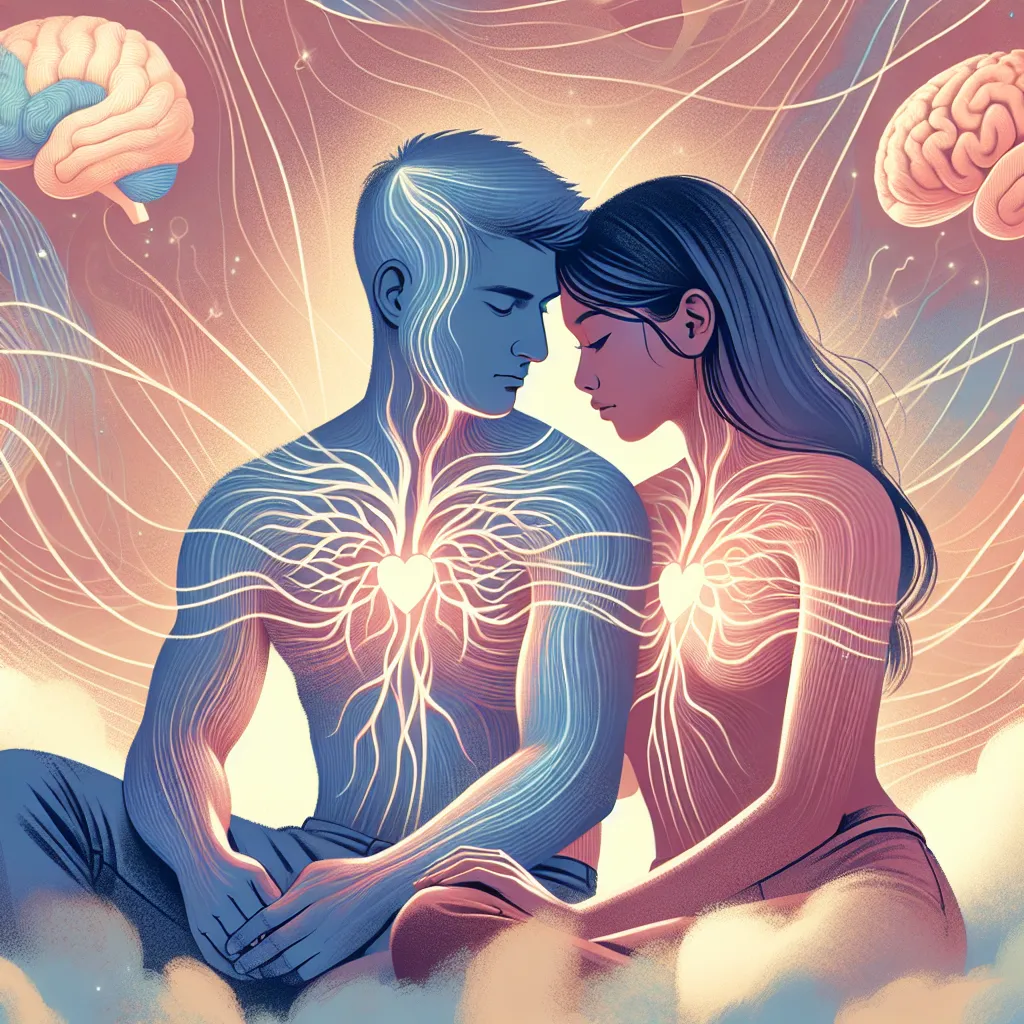Hello, relationship seekers!
Today, we’re diving deep into an intriguing question about relationships: “How does the brain’s dopamine circuit create pleasure from executing revenge?”
The Direct Answer
Simply put, the act of revenge can stimulate the brain’s reward system, where dopamine plays a significant role. Dopamine, a neurotransmitter, is often associated with feelings of pleasure and satisfaction. When we perceive an act of revenge as successful, the brain can release dopamine, making us feel good. This dopamine-driven reward system is deeply rooted in our evolution, designed to reinforce behaviors beneficial for our survival. However, it’s important to remember that revenge can lead to a damaging cycle of retaliation, which can severely harm relationships.
Now, let’s explore the extensive evidence and details that support this answer:
1. Understanding the Dopamine Circuit and Pleasure
The dopamine circuit is a pivotal part of our brain’s reward system. It plays a key role in how we perceive pleasure and satisfaction.
A. Role of Dopamine in the Brain
Dopamine is a neurotransmitter that helps transmit signals in the brain. It’s often linked to feelings of pleasure, reward, and motivation. When things go as we expect or want, our brain releases dopamine, leading to feelings of satisfaction and happiness.
- Expert Perspectives: Neuropsychologists, such as Dr. Kent Berridge of the University of Michigan, have noted that dopamine doesn’t just create pleasure, but it reinforces behavior associated with pleasure. Dr. Robert Sapolsky, a neuroendocrinologist at Stanford University, emphasizes dopamine’s role in anticipation and desire.
- Psychological Research: Multiple studies, including those published in the Journal of Neuroscience, have shown that dopamine release increases when we expect or receive rewards.
- Real-World Examples: The effect of dopamine is evident in various situations, such as the “runner’s high” experienced by athletes, where intense exercise triggers dopamine release, leading to feelings of pleasure and satisfaction.
B. The Dopamine-Revenge Connection
Revenge, in some cases, can trigger a dopamine release, thereby leading to feelings of satisfaction and pleasure.
- Historical Context: Historically, revenge was a method of protecting oneself and one’s group, which could have led to the evolution of a reward response to it.
- Common Challenges: However, this can lead to a cycle of retaliation, negatively affecting interpersonal relationships.
- Practical Applications: Understanding this connection can help us manage our reactions, especially in relationships where revenge can lead to lasting harm.
C. Dopamine, Decision-Making, and Revenge
Dopamine also plays a role in decision-making, which comes into play when contemplating revenge.
- Expert Perspectives: Dr. David Zald, a psychologist at Vanderbilt University, notes that dopamine guides decisions by signaling the expected pleasure of an outcome.
- Psychological Research: Research in the journal Nature Communications found that people who chose revenge showed heightened activity in the brain’s reward center, where dopamine is active.
- Real-World Examples: This can be seen in everyday scenarios, such as when a person chooses to confront a friend who has hurt them, anticipating satisfaction from the confrontation.
2. The Psychology of Revenge and Pleasure
Revenge and pleasure are intertwined in complex ways in our psychology.
A. The Desire for Justice and Fairness
- Justice and Dopamine: When we perceive an act of revenge as serving justice, it can trigger a dopamine release, leading to feelings of satisfaction.
- Equity Theory: This psychological theory suggests that we strive for fair relationships, and when we perceive injustice, we may seek to restore balance, sometimes through revenge.
- Expert Opinions: Dr. Michael McCullough, a revenge researcher, suggests that revenge can serve as a form of justice, which can be rewarding and satisfying to us.
- Real-World Examples: In relationships, this might be evident when a person retaliates against a partner who has caused them hurt, perceiving their action as restoring fairness.
B. Revenge and Power Dynamics
Revenge can also be linked to power dynamics, which can influence the pleasure derived from revenge.
- Power and Dopamine: Studies suggest that feeling powerful can increase dopamine levels, and revenge can sometimes be seen as a display of power, thereby leading to pleasure.
- Expert Opinions: Dr. Mario Mikulincer, a social psychologist, suggests that revenge can be a method of regaining power, which can be rewarding.
- Real-World Examples: This can be seen in relationships where one partner feels dominated and seeks revenge to regain a sense of control.
C. The Dark Side of Revenge
While the dopamine circuit can create pleasure from revenge, it’s essential to remember that revenge can have negative consequences.
- Cycle of Retaliation: Revenge can lead to a cycle of retaliation, damaging relationships.
- Expert Opinions: Dr. Everett Worthington, a psychologist renowned for his work on forgiveness, warns that revenge can lead to lasting harm and suggests forgiveness as a healthier alternative.
- Real-World Examples: This is seen in relationships where an act of revenge leads to further conflict and emotional distress.
3. Practical Implications and Strategies for Relationships
Understanding the dopamine-revenge connection can provide valuable insights for managing relationship dynamics.
A. Managing Reactions and Emotions
- Awareness: Being aware of the dopamine-revenge connection can help us understand our reactions and manage our emotions better.
- Expert Advice: Dr. Richard Davidson, a neuroscientist known for his work on emotion and the brain, recommends mindfulness practices to manage emotional responses.
- Practical Applications: In a relationship, this could mean pausing before reacting, considering the potential consequences of revenge, and choosing a healthier response.
B. Alternative Strategies
Alternative strategies like forgiveness and communication can provide healthier responses to perceived wrongs.
- Forgiveness: Research in the Journal of Behavioral Medicine found that forgiveness can lead to better psychological well-being, suggesting it as an alternative to revenge.
- Expert Advice: Dr. Frederic Luskin, a forgiveness expert, recommends forgiveness practices to heal from hurt and avoid the destructive path of revenge.
- Practical Applications: In a relationship context, this could involve expressing hurt feelings openly and choosing forgiveness over retaliation.
C. Future Possibilities
As we continue to understand the brain’s reward system and emotions, we may find better ways to navigate relationship conflicts.
- Neuroscience and Relationships: Advances in neuroscience may provide deeper insights into relationship dynamics and how to manage them.
- Expert Opinions: Experts like Dr. Helen Fisher, a biological anthropologist, believe that understanding our brain’s workings can help us build healthier relationships.
- Practical Applications: This could mean using neuroscience-based strategies to manage relationship conflicts and emotions, helping us build healthier, happier relationships.
4. Additional Context and Considerations
While revenge can trigger dopamine release, leading to pleasure, it’s essential to consider the broader implications and the potential harm it can cause in relationships.
- Revenge and Relationship Harm: While revenge might bring immediate satisfaction, it can lead to lasting harm in relationships, leading to conflict and emotional distress.
- The Role of Culture and Society: Societal and cultural norms can also influence our responses to perceived wrongs, and the pleasure derived from revenge.
- The Importance of Emotional Intelligence: Emotional intelligence, including empathy and self-regulation, can help manage reactions and choose healthier responses.
Conclusion: The Definitive Answer
Based on all the evidence we’ve examined:
- Dopamine and Pleasure: Dopamine, a neurotransmitter in the brain’s reward system, is linked to feelings of pleasure and satisfaction. When we perceive revenge as successful or serving justice, it can trigger a dopamine release, leading to feelings of pleasure.
- Revenge and Relationships: While revenge might bring immediate satisfaction, it can lead to a cycle of retaliation and lasting harm in relationships.
- Alternative Strategies: Understanding the dopamine-revenge connection can help us manage our emotional reactions and choose healthier responses like forgiveness and open communication.
In conclusion, the brain’s dopamine circuit can create pleasure from executing revenge. However, understanding this connection provides a valuable opportunity to manage our reactions better and choose healthier responses in our relationships. This not only helps us break away from the destructive cycle of revenge but also contributes to building stronger, happier relationships.



